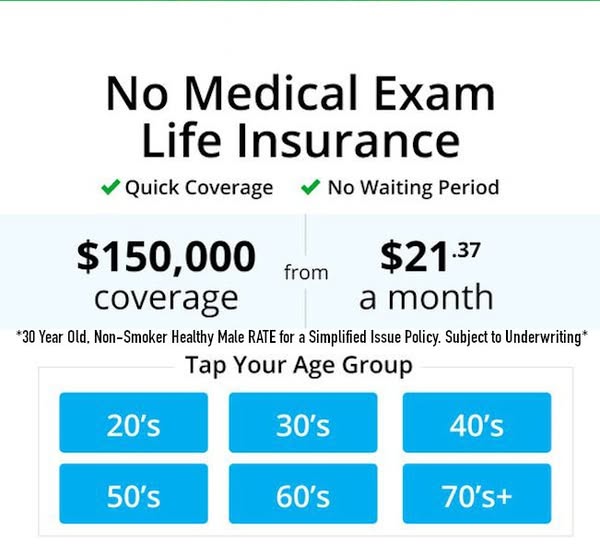USA Cheap Life Insurance: Compare Rates & Quotes with 7 Money-Saving Tips
Life insurance is a great way to protect your loved ones financially in case something happens to you. However, many people think that life insurance is too expensive.
The good news is that you can find affordable life and health insurance in the USA by comparing rates and following smart money-saving tips. In this article, we will discuss how to get cheap life insurance and seven essential ways to save money.
Read more – Get Home insurance compare rates quotes
1. Compare Different Insurance Providers
One of the best ways to save money on life insurance is by comparing quotes from different companies. Each insurance provider offers different rates, so shopping around can help you find the best deal.

Websites that compare health insurance quotes make this process easy by showing you various options in one place.
Before choosing a policy, check the company’s reputation and customer reviews.
2. Choose the Right Type of Policy
Life insurance comes in two main types: term life and whole life insurance. Term life insurance is usually cheaper and provides coverage for a specific period, such as 10, 20, or 30 years.
Whole life insurance is more expensive but lasts a lifetime and includes a savings component. If you are looking for the most affordable option, term life insurance is the best choice compare quotes.
3. Buy Insurance at a Younger Age
The younger and healthier you are, the lower your life insurance premiums will be. Insurance companies consider age and health when determining rates.
If you wait until you are older or develop health issues, you may have to pay much more. Buying a policy early can help you lock in a lower rate for the future.
4. Maintain a Healthy Lifestyle
Your health plays a big role in determining your life insurance costs. Insurance providers check factors like weight, blood pressure, cholesterol levels, and smoking habits.
If you maintain a healthy lifestyle, you can get lower premiums. Quitting smoking, exercising regularly, and eating a balanced diet can help you qualify for cheaper rates.
5. Choose the Right Coverage Amount
While it is important to have enough coverage to protect your family, buying too much insurance can increase your costs. To save money, determine how much coverage you actually need.
Consider factors like your debts, income replacement, and future expenses for your family. A simple rule is to get coverage equal to 5-10 times your annual income.
6. Pay Annually Instead of Monthly
Many insurance companies charge extra fees for monthly payments. If you can afford it, paying your premiums annually instead of monthly can help you save money. Some providers offer discounts for annual payments, which can lower the overall cost of your policy.
7. Consider Group Life Insurance
If your employer offers group life insurance as part of your benefits, it can be a cost-effective option. Group policies are usually cheaper than individual policies because they cover multiple people at once.
However, keep in mind that group insurance may not provide enough coverage, so you may need additional personal insurance.
Final Thoughts
Finding cheap life insurance in the USA is possible if you take the time to compare rates and use money-saving strategies. By shopping around, choosing the right type of policy, and maintaining a healthy lifestyle, you can lower your premiums and get the best coverage for your needs.
Start comparing life insurance quotes today and secure financial protection for your loved ones at an affordable price.
Looking for Cheap Life Insurance Compare Rates Quotes in 1 Minute. Visit to http://insuranceandquotes.info/
